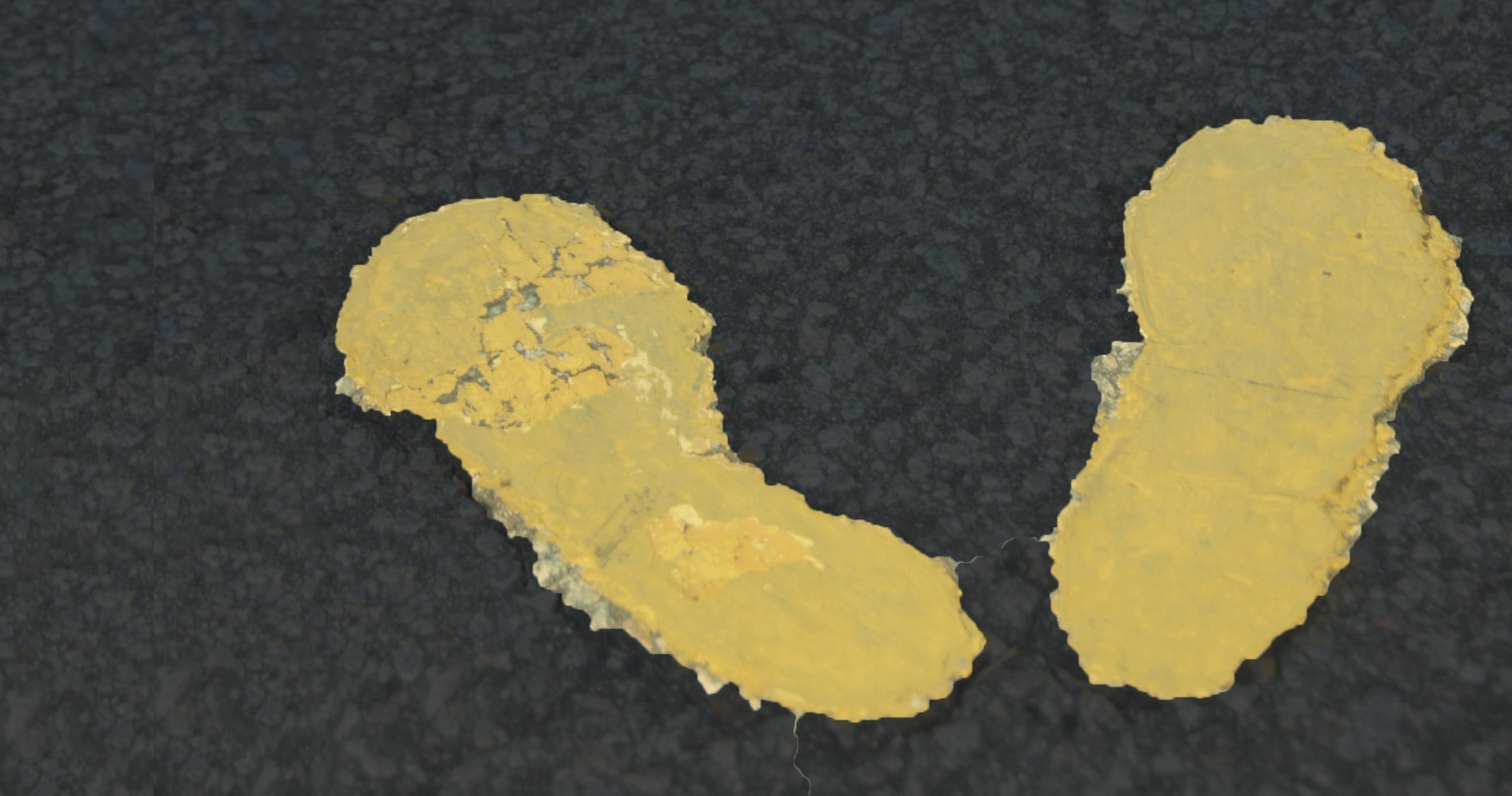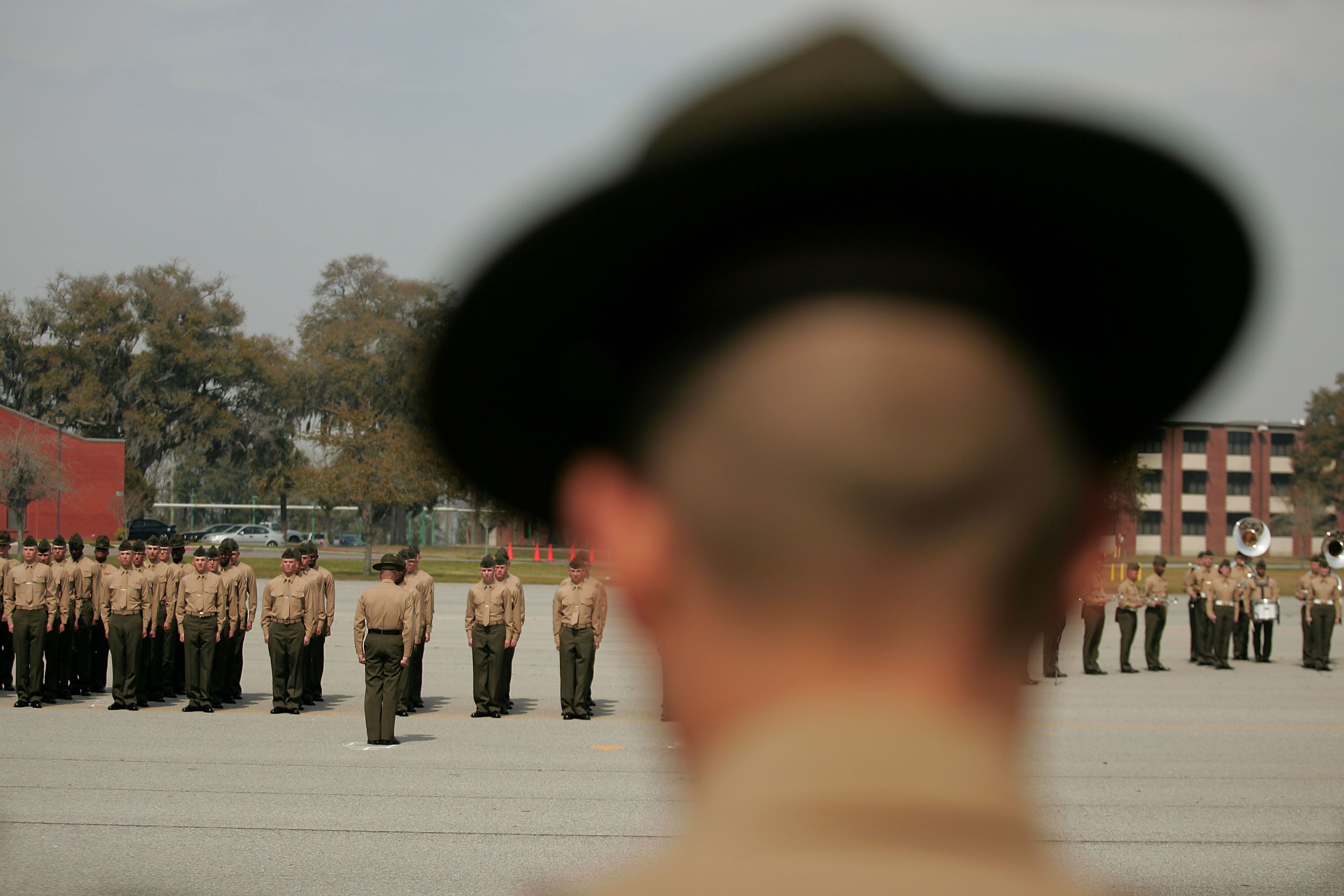A military judge has denied an attempt by the attorneys representing a former Parris Island drill instructor at his upcoming court-martial to exclude evidence of a recruit’s death.
Gunnery Sgt. Joseph A. Felix is accused of slapping recruit Raheel Siddiqui moments before he leapt to his death, and ordering another Muslim recruit to sit in a commercial dryer as Felix turned it on and insulted the recruit’s religion.
Felix has been charged cruelty and maltreatment, drunk and disorderly conduct, failure to obey a lawful general order and obstruction of justice. His trial is slated for Oct. 30 at Camp Lejeune, North Carolina.
On July 27, Felix’s defense counsel asked the military judge in charge of the case to prevent any discussion of Siddiqui’s death during the trial, Training and Education Command said in a statement.
“The trial counsel opposed the motion,” the TECOM statement said. “The court found that the death of Recruit Siddiqui would likely be relevant to this trial, and will permit the parties to present evidence of the fact.”
RELATED

An attorney representing Siddiqui’s family said he believes the judge’s ruling will limit the evidence that the prosecution can prevent.
“Allowing ‘evidence of the fact’ in this context pertains only to judicial notice of the fact that Raheel Siddiqui is dead, and does not appear inclusive of any mention of specific facts, verifiable evidence and/or the events that led and contributed to Raheel’s death,” Shiraz Khan said Thursday in a statement.
On March 18, 2016, Felix allegedly slapped Siddiqui, who then ran to a nearby stairwell and jumped over the railing, falling nearly 40 feet. A command investigation determined that “maltreatment by his drill instructor team” was one of several factors contributing to Siddiqui’s death.
“Evidence was found of multiple errors and omissions, to include failures to supervise and take the required actions by a number of officers and staff noncommissioned in the recruit’s chain of command, some of which rose to the level of dereliction of duty,” according to a redacted copy of the investigation that the Marine Corps has posted online.
Siddiqui’s family believes the Marine Corps has more than enough evidence to charge Felix with assault, Khan said. The recent ruling, along with delays in the start of the trial, have made the family concerned with the direction the case is heading, he said.
“Since the Marine Corps investigation itself found that the actions of the accused were likely the impetus for Siddiqui’s death, the key question here is, how is it fair and just for those same actions to be excluded in these proceedings?” Khan said.
RELATED

However, one military law expert said the judge has a lot of leeway to interpret the ruling and there is no way to predict what the judge will allow the defense and prosecution to argue at trial.
“Essentially, what everybody is doing now is reading tea leaves,” said retired Marine Lt. Col. Gary Solis, a former military lawyer and judge. “It can go however the judge wants it to go. Once the case is referred to trial, it’s the judge’s case and so he or she has a lot of control.”
The fact that Felix is charged with cruelty and maltreatment rather than murder or manslaughter could help the prosecution because military jurors may be more likely to convict an accused service member of a lesser charge, Solis said.
“These things are not science ― they are art,” he said. “That’s why jury trials are so exciting if you’re a lawyer, because it’s how you convince the court or the jury to adopt your interpretation, and jurors often take the path of least resistance.”





